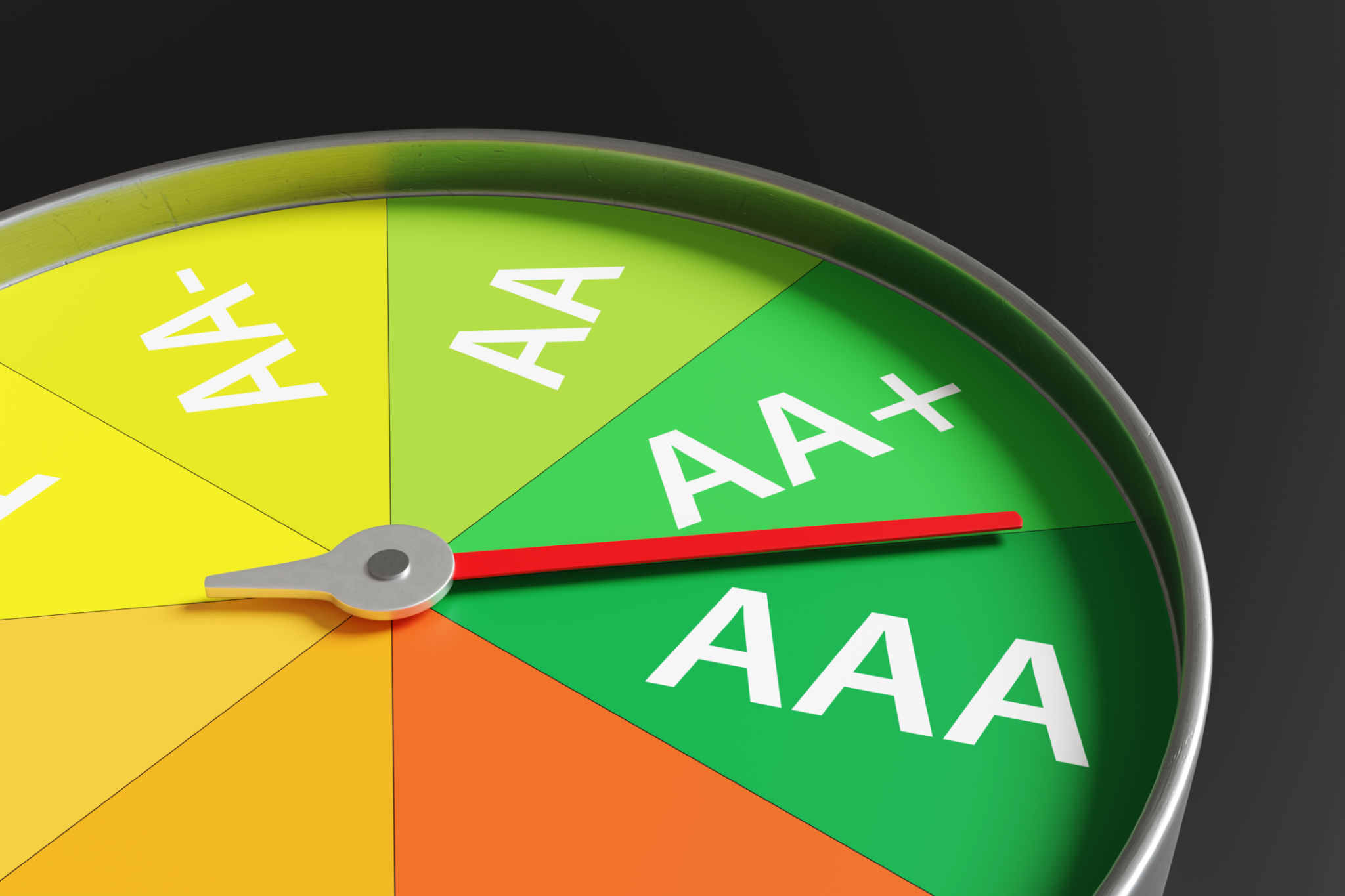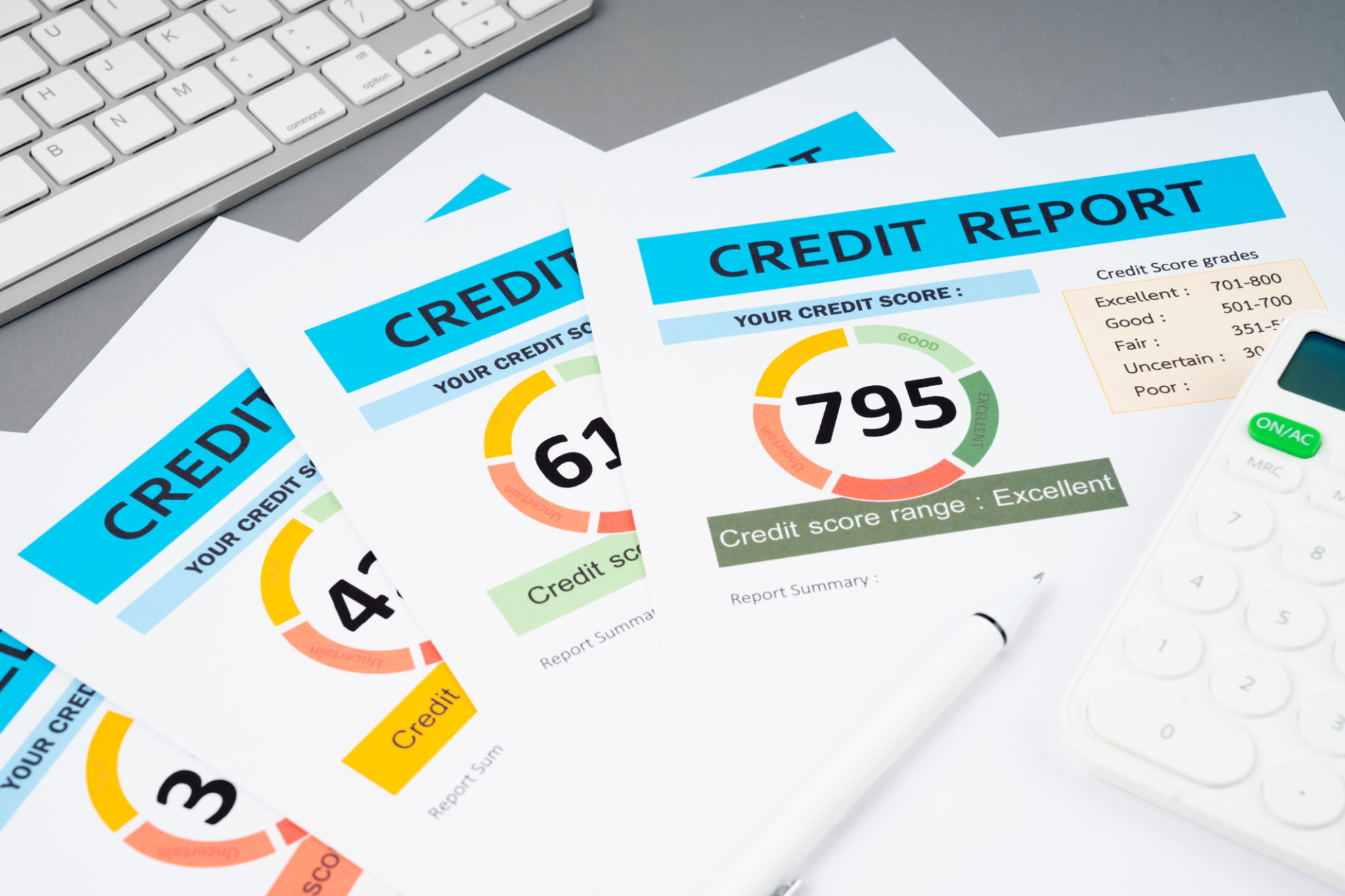DIY Credit Repair: A Step-by-Step Kit for Financial Freedom
Understanding Your Credit Score
Credit scores are a crucial part of your financial health, influencing everything from loan approvals to interest rates. Knowing what affects your score is the first step in DIY credit repair. Your credit score is typically influenced by factors such as payment history, amounts owed, length of credit history, types of credit used, and new credit inquiries.

The Importance of Monitoring Your Credit Report
Before you can start repairing your credit, it's essential to know where you stand. Regularly checking your credit report helps you understand your current situation and spot any discrepancies. You are entitled to a free report from each of the three major credit bureaus annually—Experian, Equifax, and TransUnion.
Once you have your reports, review them carefully for any errors or unfamiliar accounts. Incorrect information can negatively impact your credit score, so it's crucial to address these issues promptly.
Disputing Errors on Your Credit Report
If you find errors on your credit report, the next step is to dispute them. Begin by gathering documentation that supports your claim, such as statements or payment records. Then, write a letter to the credit bureau detailing the error and include copies of your documentation.

Paying Down Debts
One of the most effective strategies for improving your credit score is to reduce outstanding debts. Start by listing all your debts and organizing them by interest rate. Focus on paying off high-interest debts first while maintaining minimum payments on others.
Consider using methods like the snowball method, which involves paying off smaller debts first to build momentum, or the avalanche method, which targets high-interest debts first to save on interest payments over time.
Establishing Good Credit Habits
Building a positive credit history is just as important as repairing past mistakes. Establishing good habits can help you maintain a healthy credit score. Always pay your bills on time, keep your credit utilization low, and avoid opening unnecessary new accounts.

Building a Budget and Sticking to It
Creating a realistic budget is vital for financial stability and effective credit repair. A well-planned budget helps you manage expenses, pay off debts, and even save for future needs. Start by tracking your income and expenses to identify where you can cut back.
Set clear financial goals and allocate funds accordingly. Remember that consistency is key; sticking to your budget will help you avoid accumulating new debt.
Seeking Professional Help If Needed
If you're finding it challenging to manage your credit repair efforts on your own, consider seeking professional help. Credit counseling services can provide guidance and support to help you navigate through complex financial situations.
However, be cautious about choosing a reputable organization. Research thoroughly and check for accreditations to ensure you're working with a trustworthy service that has your best interests at heart.
The Path to Financial Freedom
DIY credit repair is a journey that requires dedication and patience. By understanding your credit score, disputing errors, paying down debts, and establishing good habits, you can improve your financial health. Remember, each step you take brings you closer to financial freedom and a brighter financial future.